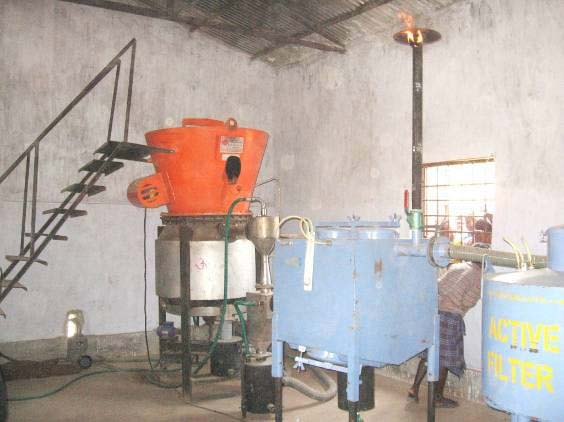 It presents a summary of recommendations for enhancing the effectiveness of energy service delivery through a decentralized program, which currently finds a critical place in the Government‘s energy policies and electrification targets.
It presents a summary of recommendations for enhancing the effectiveness of energy service delivery through a decentralized program, which currently finds a critical place in the Government‘s energy policies and electrification targets.
The pilot phase of the Village Energy Security Programme has shown several lessons and the need for improvements.
Two very important issues were highlighted: first, that the Village Energy Security Programme is important and relevant in the absence of any other Government initiative for bringing grid quality power to the poor, undeveloped and underserved communities residing in the remotest corners of the country; second, the mixed performance of the Village Energy Security Programme during the pilot phase was due to reasons that are not entirely intractable and insurmountable.
Programme is important and relevant in the absence of any other Government initiative for bringing grid quality power to the poor, undeveloped and underserved communities residing in the remotest corners of the country; second, the mixed performance of the Village Energy Security Programme during the pilot phase was due to reasons that are not entirely intractable and insurmountable.
Thus, a decentralized energy program that is focused on performance, backed by greater policy support and a vastly decentralised institutional mechanism for implementation is the way forward.
This report is organized as follows:
- Chapter 1 provides a background of the rural energy scenario in India, describing the unmet energy needs, and the policies and regulatory environment as a rationale for the Village Energy Security Programme.
- Chapter 2 discusses the program design, its key components, and a detailed analysis of its pilot phase performance on institutional, technical, financial, managerial and social aspects, ending with lessons learned.
- The report ends with a chapter on the important lessons with policy and program level recommendations as the way forward for improving the outcomes of decentralized rural energy initiatives in the future.
Download the report here -
/articles/biomass-sustainable-development-lessons-decentralized-energy-delivery-india-report-world